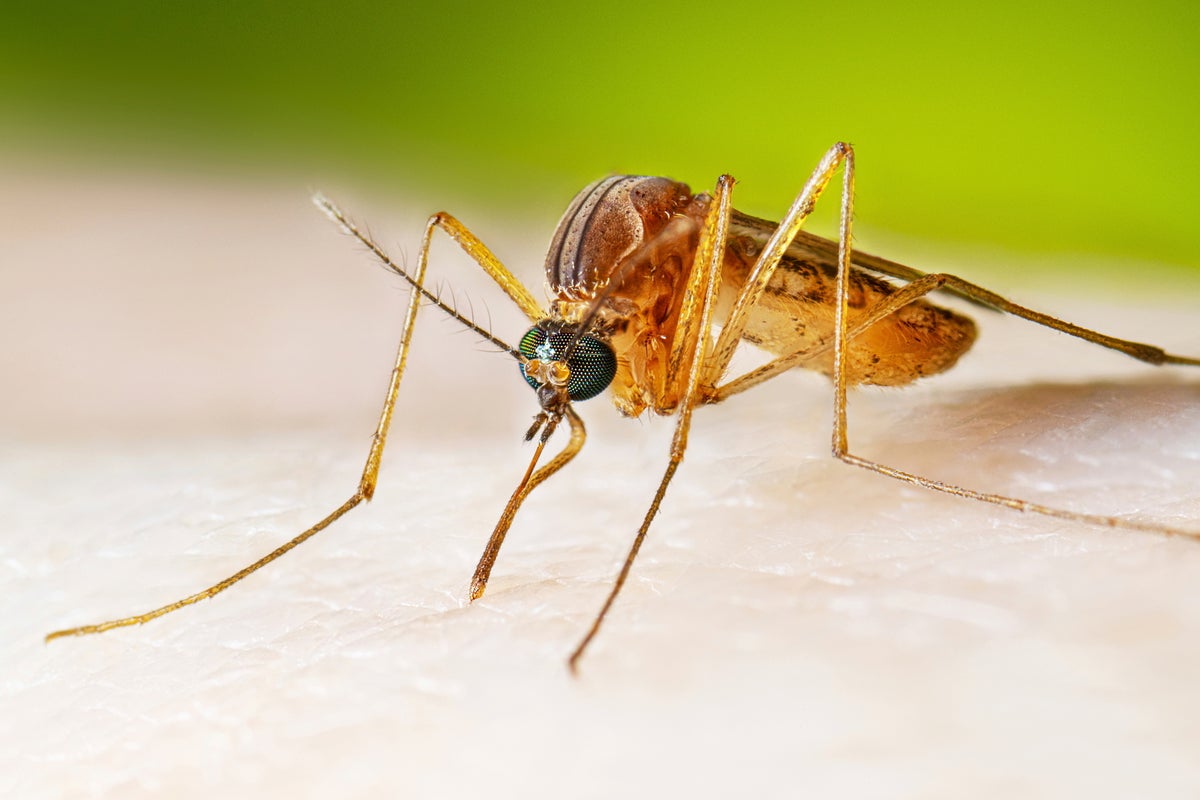Science
British Scientists Uncover Genetic Secrets to Combat Malaria

A team of British scientists has made a significant breakthrough in the fight against malaria by examining the genetic makeup of the Anopheles funestus mosquito. This species, which plays a crucial role in transmitting the disease across Africa, has shown an alarming ability to adapt to control efforts. Their findings, published in the journal Science, could inform future strategies aimed at eliminating malaria.
Anopheles funestus, one of the most prolific malaria vectors, has been largely neglected in research compared to its cousin, Anopheles gambiae. This mosquito species is particularly concerning due to its longer lifespan and strong attraction to humans for blood, which is essential for egg development. The study highlights how An. funestus has evolved, such as shifting its feeding habits from indoor evening bites to outdoor daytime ones, likely as a response to the widespread use of insecticide-treated nets.
To conduct this research, scientists from the Wellcome Sanger Institute collaborated with mosquito biologists from across Africa. They collected and sequenced the genomes of 656 modern An. funestus specimens along with 45 historic samples from the Natural History Museum in London and the French National Research Institute for Sustainable Development. These historic specimens, collected between 1927 and 1967, provided valuable insights into the genetic evolution of malaria-carrying mosquitoes.
The research uncovered high levels of genetic variation among An. funestus populations across Africa. Notably, samples from equatorial countries shared significant genetic similarities across a span of 4,000 kilometers. However, distinct populations from regions like North Ghana and South Benin exhibited genetic isolation. This suggests a complex population structure that could complicate local control efforts.
Analyzing the historic samples revealed that certain mutations linked to insecticide resistance were present in the 1960s, indicating that these adaptations have been evolving over decades. Other mutations that confer resistance to newer insecticides were not found in these earlier specimens, suggesting they emerged later as different insecticides were introduced.
The implications of this research extend to potential control strategies. Scientists are exploring genetic modification methods, such as gene drive technology, to reduce the population of malaria-transmitting mosquitoes. The Sanger team identified that a key target for gene drive in An. gambiae is similar in An. funestus, presenting an opportunity to adapt existing technologies for broader use.
Professor Charles Wondji from the Liverpool School of Tropical Medicine emphasized the importance of this research, stating, “For too long An. funestus has been neglected despite its key role in malaria transmission across Africa. My team is proud to have contributed to this major milestone that will facilitate the implementation of future control interventions against this major vector.”
Dr Mara Lawniczak, senior author of the study, noted the findings’ implications for vector control efforts. “We find some mosquito populations readily sharing variation across the African continent, while others are close neighbours but genetically distinct. This is a challenge for vector control. We hope the greater understanding of the high levels of genetic diversity and the complex population structure we uncover here will underpin smarter surveillance and targeted vector control.”
This research marks a pivotal moment in the ongoing battle against malaria, which continues to claim hundreds of thousands of lives annually. Understanding the genetic adaptations of An. funestus will be crucial in developing effective strategies to combat this deadly disease in the future.
-

 Entertainment3 months ago
Entertainment3 months agoAnn Ming Reflects on ITV’s ‘I Fought the Law’ Drama
-

 Entertainment4 months ago
Entertainment4 months agoKate Garraway Sells £2 Million Home Amid Financial Struggles
-

 Health3 months ago
Health3 months agoKatie Price Faces New Health Concerns After Cancer Symptoms Resurface
-

 Entertainment3 months ago
Entertainment3 months agoCoronation Street’s Carl Webster Faces Trouble with New Affairs
-

 Entertainment3 months ago
Entertainment3 months agoWhere is Tinder Swindler Simon Leviev? Latest Updates Revealed
-

 Entertainment4 months ago
Entertainment4 months agoMarkiplier Addresses AI Controversy During Livestream Response
-

 Science1 month ago
Science1 month agoBrian Cox Addresses Claims of Alien Probe in 3I/ATLAS Discovery
-

 Entertainment4 months ago
Entertainment4 months agoKim Cattrall Posts Cryptic Message After HBO’s Sequel Cancellation
-

 Entertainment2 months ago
Entertainment2 months agoOlivia Attwood Opens Up About Fallout with Former Best Friend
-

 Entertainment3 months ago
Entertainment3 months agoMasterChef Faces Turmoil as Tom Kerridge Withdraws from Hosting Role
-

 Entertainment4 months ago
Entertainment4 months agoSpeculation Surrounds Home and Away as Cast Departures Mount
-

 World3 months ago
World3 months agoCole Palmer’s Mysterious Message to Kobbie Mainoo Sparks Speculation





















